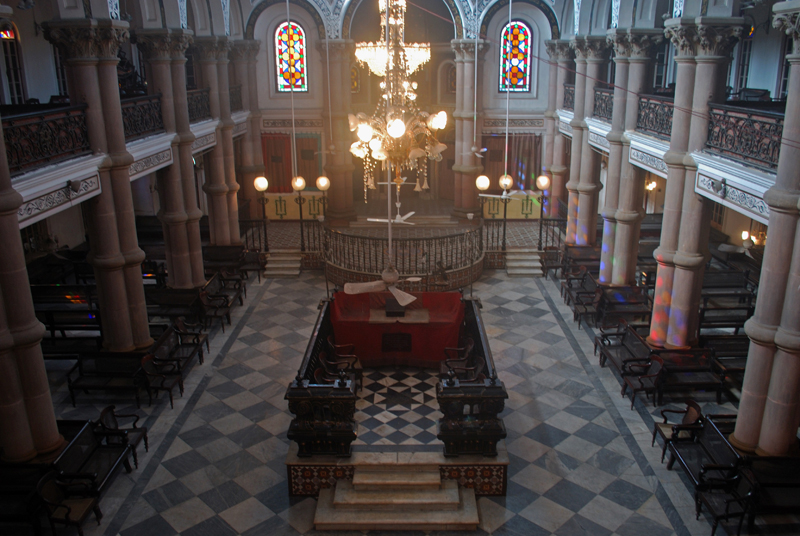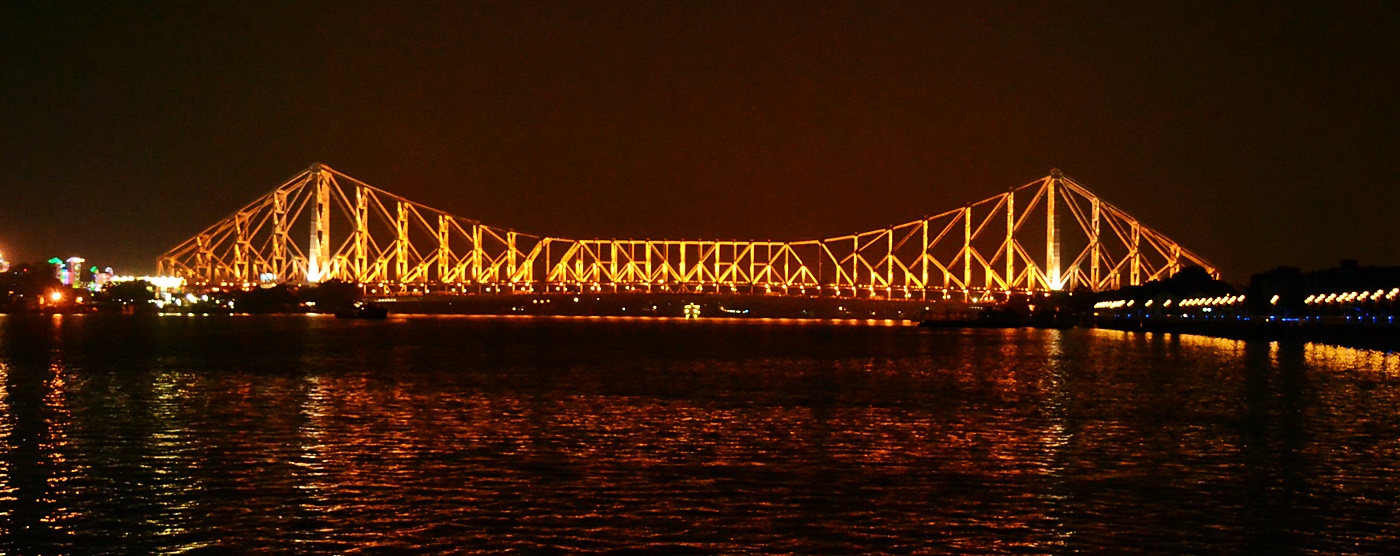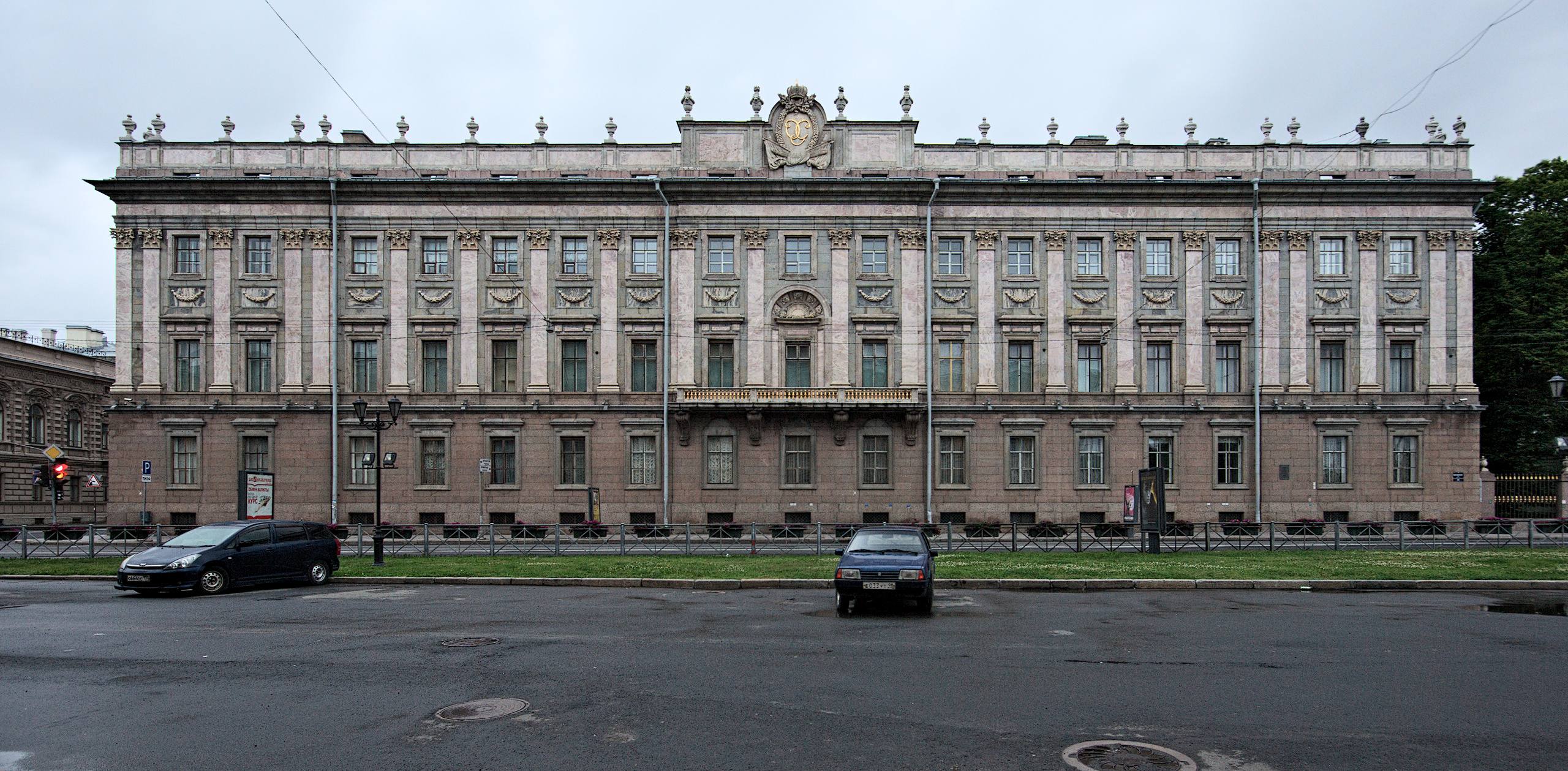The Magen David Synagogue stands as a profound testament to Kolkata's rich multicultural tapestry, embodying the remarkable story of the Baghdadi Jewish community in India. Constructed in 1884 by philanthropist Elias David Joseph Ezra, this architectural marvel represents more than a religious edifice—it symbolizes cultural resilience, religious tolerance, and historical transformation.
The synagogue's origins trace back to the late 18th century when Baghdadi Jews first arrived in India, seeking opportunities and safety. Shalom Obadiah Cohen, a Syrian merchant who became the court jeweler to a Muslim Moghul ruler, is considered the community's foundational figure. These immigrants seamlessly integrated into local society while maintaining their distinct religious and cultural identity, becoming prominent business leaders and philanthropists.
Architecturally, the synagogue is a stunning representation of Italian Renaissance design, characteristic of the British colonial period. Its brick-red exterior, adorned with a hexagonal Star of David and Hebrew inscriptions, creates a striking visual narrative. The interior boasts intricate details—chequered marble floors, gleaming Parisian chandeliers, stained glass windows, and an ark set within a blue half-dome decorated with golden stars, symbolizing celestial connection.
The spiritual life of Magen David was deeply anchored by leaders like Elijah B. Moses Duwayk Ha-Cohen, who served the congregation for over five decades. Traditional practices were carefully maintained, with men occupying the ground floor and women seated in the upstairs gallery during services. This architectural and social arrangement reflected the community's structured yet inclusive religious practices.
As India's political landscape transformed in the 1950s, the Baghdadi Jewish community experienced significant demographic shifts. Many members emigrated, dramatically reducing the local population. Despite this decline, Magen David Synagogue remained a protected monument under the Archaeological Survey of India, preserving its historical and cultural significance for future generations.
The synagogue's enduring legacy extends beyond its religious function. It represents a powerful narrative of interfaith harmony, with local Muslim community members actively participating in its maintenance. This collaborative preservation reflects Kolkata's longstanding tradition of cultural synthesis and mutual respect.
In contemporary times, while no longer a fully active place of worship, Magen David continues to illuminate the city's historical memory. A lamp is still lit each Friday evening, symbolically maintaining the connection to its spiritual roots. Restored at the turn of the century, it remains open to visitors, serving as a living museum of Kolkata's diverse cultural heritage.
The story of Magen David Synagogue transcends architectural beauty or religious significance. It embodies a nuanced tale of migration, adaptation, prosperity, and ultimately, cultural preservation—a microcosm of the larger narrative of religious minorities in India who contributed significantly to the nation's social and economic fabric.







